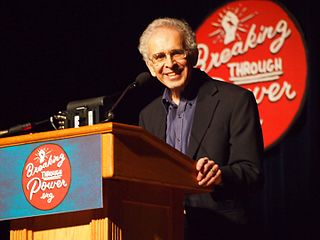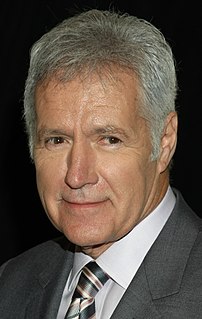A Quote by Heather Brooke
People are used to getting a lot of information quickly, and they're used to being quite empowered as consumers, and they go to governments expecting a similar treatment; they want to find data and they want to influence events quickly, and yet they come into this brick wall.
Related Quotes
Well, there was stuff going on, heroic events. One was what used to be, and probably still is, the largest moving project in history. The headquarters of the Bell Telephone Company used to be brick. What they did was take the old brick building - with the operators in there saying, "Number please" and all that - and they put it through a quarter of a turn and moved it half a block!
I used to want to be a war photographer, and I used to want to be a ballerina and a comedian. I used to want to be a writer. I invalidated myself; it’s a mistake for me. [...] There’s just a lot of stuff that really moves me, and I don’t know how to express it, and I just want to try to do the best I can and surround myself with good people who don’t invalidate me.
People ask me, How would you do as a contestant on the show? And I tell them I would do fairly well among senior citizens, but against a good thirty-year-old I would have trouble because I cannot recall information as quickly as I used to. You used to say something and I would go, boom, right away, very sharp. Now it's like, Oh, yes, but wait a minute, uh, uh.
Is there a brick wall getting in your way? Fine. That happens. But you have a choice. You can walk away from the wall. You can go over the wall. You can go under the wall. You can go around the wall. You can also obliterate the wall. In other words, don't let anything get in your way. Get a balance, and then let the positive outdistance the negative.
Consumer habits have changed dramatically. People have gotten used to getting the news they want, when they want it, how they want it, and where they want it. And this change is here to stay. Despite all the dire reports about the state of the newspaper industry, we are actually in the middle of a golden age for news consumers who can surf the Net, use search engines, access the best stories from around the world, and be able to comment, interact, and form communities.

































